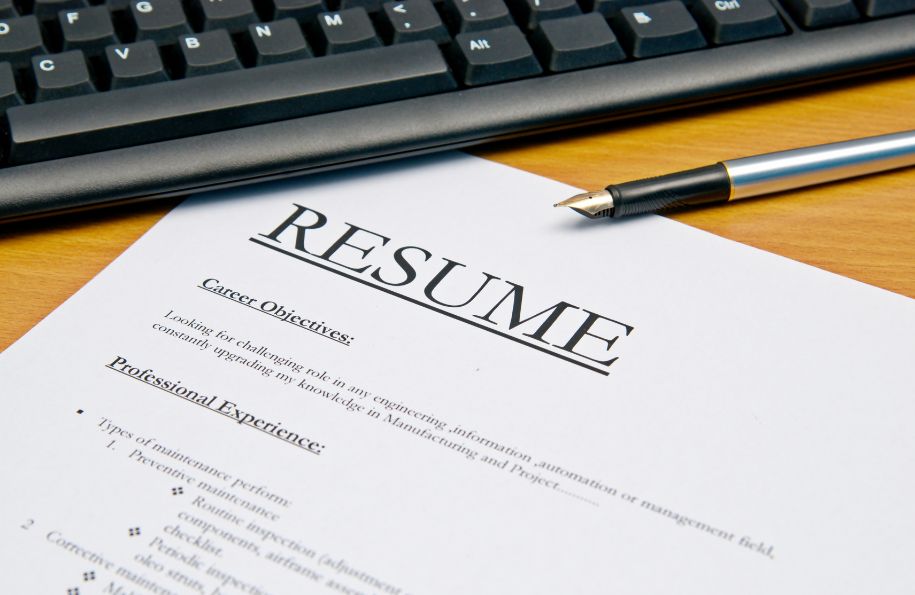The hiring process is complex and filled with potential pitfalls. One of the biggest is unconsciously introducing resume screening bias into the way that resumes and job applications are reviewed. Bias, both conscious and unconscious, can lead to potentially talented candidates being overlooked or undervalued.
To ensure that you hire the most qualified individuals for the job, it’s important to recognize and avoid this bias and in turn, eliminate any unfair practices in the resume screening process.
Bias creeps into the resume screening process in two ways: one is through an unconscious bias, and the other is through an intentional bias.
Unconscious bias, which is also known as implicit bias, is deeply ingrained in our minds and most of us aren’t even aware we have them. This type of bias often occurs when we make judgements without being aware of our own biases. We may prefer people who look like us, have similar backgrounds or are of the same gender.
Intentional bias is more obvious and includes making decisions that are partially or wholly influenced by factors that have nothing to do with the job or the individual’s qualifications, such as gender, race, or nationality. The key to avoiding any type of bias when resume screening is to remain impartial and allow the candidate’s skills and qualifications to speak for themselves.
Both types of bias can manifest in a number of ways during resume screening, including but not limited to:
Demographic bias
Hiring managers may unconsciously favour candidates who share similar characteristics with themselves, such as gender, race, age, or educational background. This can lead to a lack of diversity in the hiring process and ultimately result in a less effective and inclusive workplace.
Format bias
Different applicants may have different formats for their resumes, and hiring managers may have a preference for certain formats over others. For example, some managers may prefer a chronological format, while others may prefer a functional format. This can lead to some candidates being unfairly judged based on the format of their resume, rather than their qualifications and experience.
Organisational bias
Hiring managers may have personal biases that lead them to favour certain candidates over others. They may also be influenced by the biases of their colleagues or superiors, or by the culture and norms of their organisation.
Screening criteria bias
Bias can arise from the use of certain resume screening practices, such as the use of standardized tests or the reliance on certain types of information (such as grades or university names) to evaluate candidates. These practices may be biased if they do not adequately reflect the skills and abilities that are necessary for success in a particular job.

How to overcome resume bias
To eliminate the risk of bias, take the necessary steps to ensure that your resume screening process is fair and equitable.
- Create a job description that reflects the criteria essential to the position you are looking for and stick to it, no matter what.
- When screening resumes, pay close attention to qualifications and look for experiences that match the job’s proficiency requirements.
Implement technology
Many companies are turning to technology to combat bias. There are now a number of tools and software platforms available that can help automate the resume screening process. These tools can be used to quickly and accurately identify candidates who meet the minimum qualifications for a role and to flag those who may be a good fit based on their skills and experience.
Summary
Overall, bias in resume screening can have negative consequences for both employers and job seekers. For employers, bias can result in a less diverse and inclusive workforce, which can lead to a less effective and innovative workplace. For job seekers, bias can result in unfairness and discrimination, and can prevent qualified candidates from being considered for job opportunities. It is important for employers to be aware of the potential for bias in resume screening and to take steps to mitigate it in order to create a fair and inclusive hiring process.








